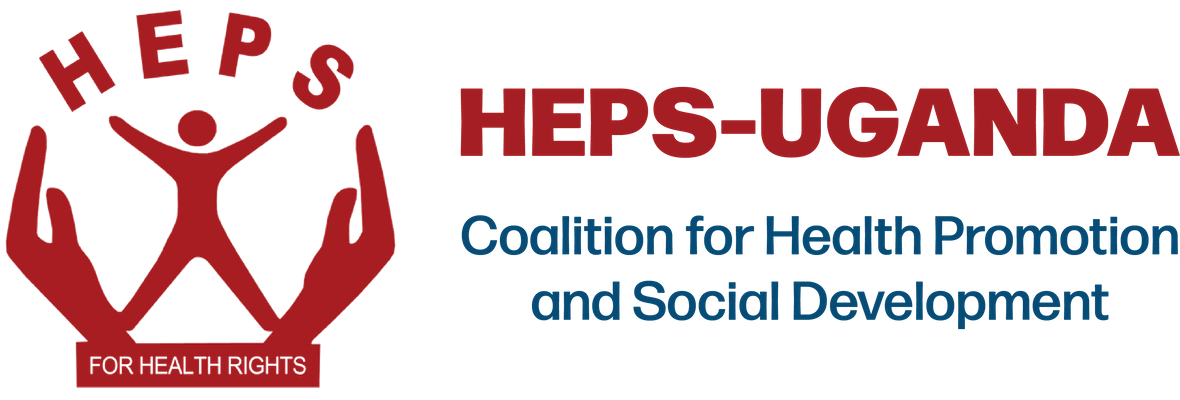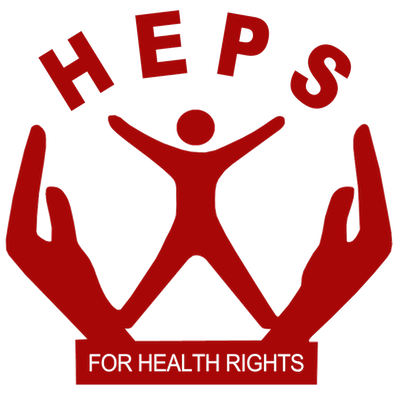Medicines Transparency Alliance-MeTA under the Health Systems Partnership (HSAP) project has recommended that the government of Uganda ring fences a special budget for the procurement of drugs for treatment of diarrhea, pneumonia in children and pre-eclampsia among pregnant women. These are the leading causes of child and maternal mortality, according to Ministry of Health.
The call comes after a survey conducted by HEPS-Uganda and HAI indicated the medicines treating these conditions were out of stock. The survey dubbed; “Sexual Reproductive Health Commodities; Availability, affordability and stock-outs” was conducted in 2018 in 145 public, private and mission health facilities in Uganda indicated that most health facilities lacked these essential drugs.
Results indicate that the overall availability of SRH Commodities was low (37%), with comparable estimates across the public, private and mission sector facilities. Essential drugs such as Zinc, ORS and Amoxicilin for treatment of diarrhea and pneumonia were out of stock in public health facilities and there were no safe delivery kits in stock.
The objective of the survey was to generate reliable information on the price, availability and affordability of selected important commodities in the SRH supply chain, with the ultimate goal of improving access to affordable medicines for all.
It is against this background that policy makers recommended that the ministry of health should Ring-fence a budget for eclampsia, diarrhea and pneumonia.
It was also noted that there is need for continuous training of health workers to improve their skills in the provision of long term family planning methods and management of eclampsia and pre-eclampsia. This is because the survey showed that some of the commodities were expiring from the shelves because health workers could not administer them to the users.
The researchers also recommended that MoH and partners should consistently conduct client education for SRH services while there is also need to improve SRH Commodities supply chain, particularly timely and adequate deliveries.
Dr. Betty Kyadondo, director of Family Health at the National Population Council- NPC agreed with the survey results noting that the frequent stock outs of commodities limits clients’ choices. She also said that there is need to control teenage pregnancies by creating demand for SRH Commodities.
“We need to promote family planning method mix, improve infant/child survival through immunization, child nutrition and newborn care. Keep children especially girls in school (scale up Adolescent sexual reproductive health information, school feeding program and menstrual and sanitation).” she said
The recommendations were made during a MeTA forum at L. Victoria Hotel, Serena- Entebbe. The meeting also involved Members of Parliament on the Health Committee, WHO, MoH and MeTA members from Uganda, Tanzania, Kenya and Zambia
What is MeTA?
The Medicines Transparency Alliance (MeTA) is a DFID initiative that brings together public, private and civil society stakeholders with an interest in the outcomes of the medicines market to agree on through increased transparency in the supply chain. MeTA aims to increase transparency in the medicines market specifically in low‐ and middle‐income countries, thereby strengthening healthcare governance and encouraging responsible business practice. MeTA is currently active in Ghana, Zambia, Uganda, Peru, Philippines, Jordan and Kyrgyzstan and is coordinated by a joint International MeTA Secretariat (IMS) based in the World Health Organization (WHO) and Health Action International (HAI).
Goal: To increase access to essential quality‐assured medicines, especially for the poor and vulnerable through increased transparency in the pharmaceutical sector.
Mission: To contribute towards good governance, transparency and accountability, in procurement, management, supply, prescribing, dispensing and use of medicines in Uganda, though the engagement of all stakeholders with an interest in the outcome of the medicines market.
MeTA Uganda Pilot Phase
MeTA Uganda was launched as a pilot in March 2009, and was the first multi‐stakeholder initiative aiming to improve access to medicines in the country. The initiative was spearheaded by the Ministry of Health, and for the first time brought together the government, the private sector, faith based institutions and civil society together to discuss the need for more information and greater transparency in the Ugandan medicines market. The pilot ended in 2010 and has been proven to work as both a catalyst for change and a driver of change.





